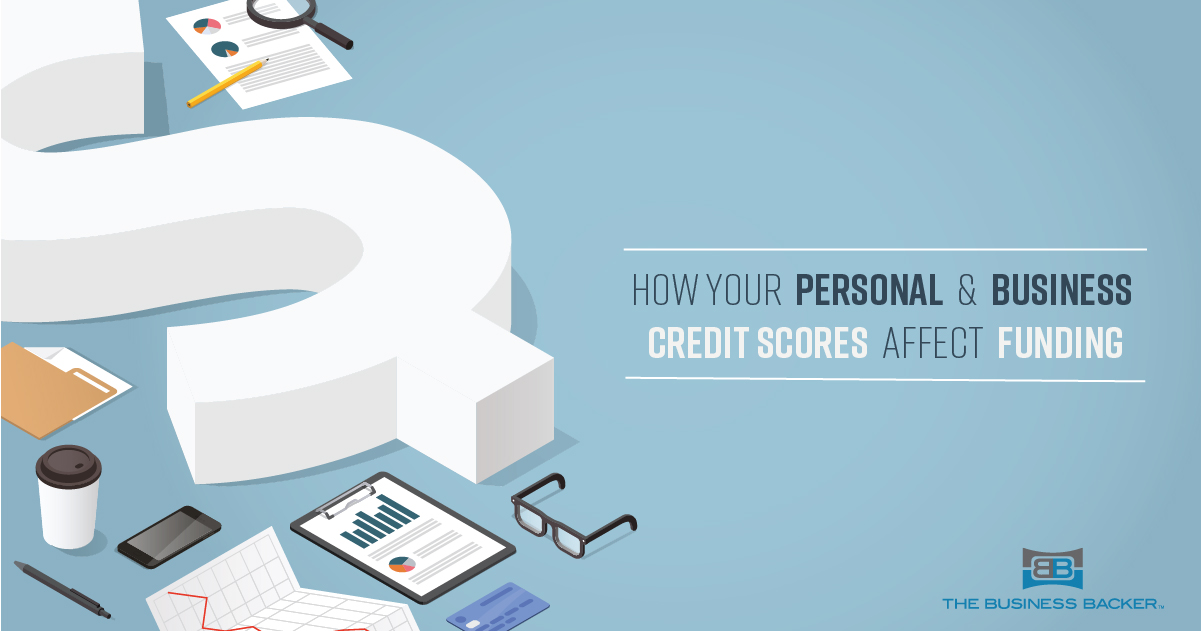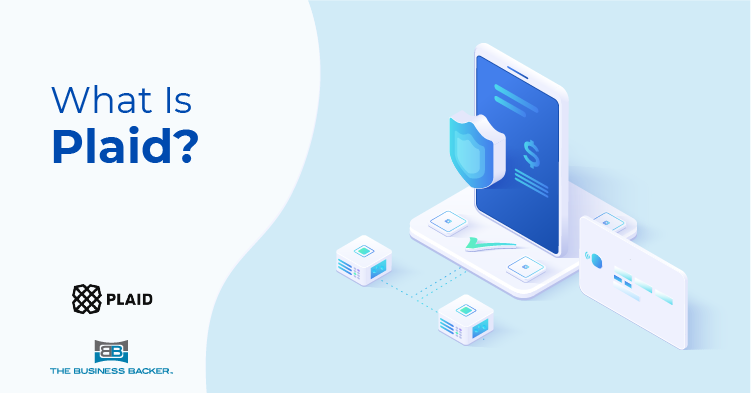How Does a Small Business Loan Affect My Personal or Business Credit?
If you’re a new small business owner, you may have used your personal savings or even a loan to get started. Due to the larger amounts, business loans typically have more requirements than personal loans, and you usually need to prove that your business is viable in order to secure one. But there are distinct benefits to keeping your personal and business finances separate.
If you’re in need of additional small business financing, you might wonder how business credit can impact your credit scores. Business credit differs from personal credit, so it’s important to know how a business loan may affect each score. We’ll walk you through some of the ways in which a business loan may affect your credit scores.
Understanding the Difference Between Business and Personal Credit
Your personal credit score is associated with your social security number — it’s a reflection of your funding and payment history that you’d use for a variety of personal reasons, like a credit card, student or personal loan.
Business credit is associated with your company tax ID or federal employer identification number (EIN). There are a couple exceptions to this rule of thumb — one-person LLCs or sole proprietorship entities don’t need EINs, so in the absence of this identifier, business credit would be tied to that person’s social security number.
However, if your business doesn’t have an EIN, and the loan is tied to your social security number, you would be liable for any debts if your business is unable to repay the loan. In order to avoid this potential scenario, many single-person businesses still opt to use this identifier.
Does a Small Business Loan Affect Your Personal Credit?
If your business loan or line of credit is secured or personally guaranteed, this means that you’re legally liable for the loan repayment. A secured loan requires a form of collateral, whereas a personally guaranteed loan means that you’re personally responsible for the loan repayment if your business defaults. Some lenders will require a personal guarantee for any business loan, regardless of the business’ structure. An unsecured loan does not require collateral.
Similarly, if a business owner opens a business credit card, the account will likely be personally guaranteed. This is distinct from an authorized user on a business credit card account. Authorized users are simply allowed to make purchases on your business’ behalf, and they typically wouldn’t be personally responsible for repayment even if the card is in their name.
If your business credit goes into default, and you’ve personally guaranteed the account, your personal credit will be negatively affected. Additionally, if a secured business credit account is unpaid, the lender may collect the loan’s collateral.
On the other hand, your personal credit may come into play when lenders review your business credit application, as your personal creditworthiness may be an additional indication as to whether or not you or your business are financially responsible candidates. You might also see a hard pull on your personal credit if you’re applying for a business loan, especially for newer small businesses and/or those without an established business credit report.
Does a Small Business Loan Affect Your Business Credit?
Lenders will typically send your business loan payment history to major business credit reporting bureaus, which calculate a variety of data in order to extrapolate your credit score. Similar to your personal credit, your business credit score is an estimation of your company’s creditworthiness. A poor score can negatively impact the ability to secure low-cost business financing; in contrast, a better score can help your business save money with improved rates and even give it a good reputation. Additionally, this information may also come into play if you work with other companies, as they may review your credit rating to ensure that you’re fiscally responsible.
If your business always makes on-time payments, its credit score should positively reflect fiscal responsibility. But if you fall behind on loan payments or other financial agreements, you may negatively impact your business’ credit score. A small business loan isn’t the only factor that determines your business credit score, but it definitely can impact your rating.




